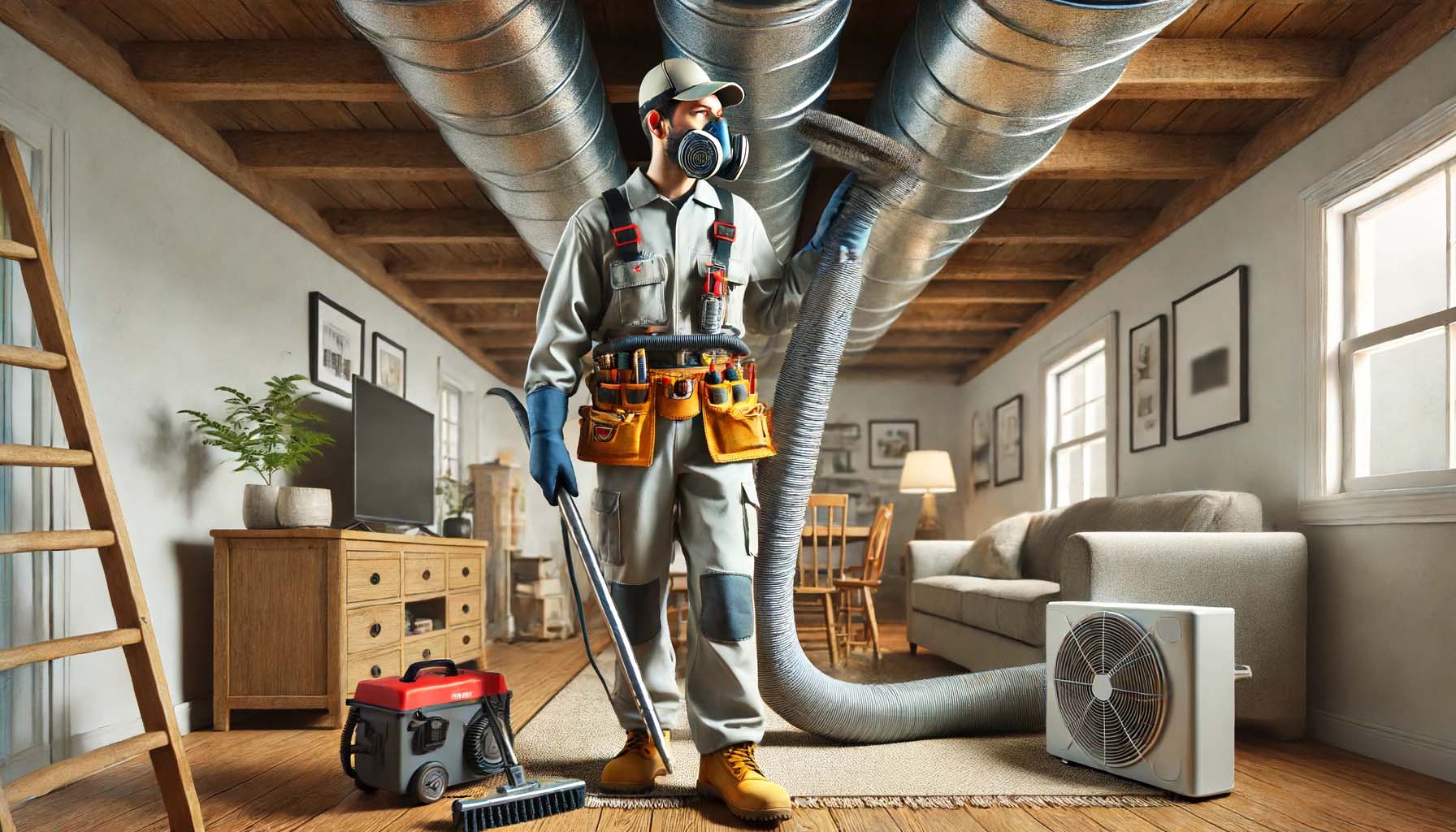Understanding HVAC systems is crucial for homeowners and business owners. These systems control your environments climate, ensuring comfort throughout the year. So, what are the four components of the HVAC system? You might be wondering how these complex systems function. Here’s a deep dive into the essential components of an HVAC system, focusing on their roles and benefits.

1. The Furnace The Powerhouse of Your HVAC System
At the heart of any HVAC setup is the furnace. It’s the component responsible for generating heat, ensuring your home stays warm during those cold winter months.
How Does a Furnace Work?
The furnace burns fuel, which may be gas, oil, or electricity, to produce heat. This heat is then distributed throughout your home via ducts or pipes, maintaining a consistent and comfortable temperature.
Benefits of an Efficient Furnace
An efficient furnace not only keeps you warm but also helps lower energy bills. Proper maintenance extends the lifespan of your furnace, ensuring optimal performance.

2. The Air Conditioner Staying Cool During Summer
Just as the furnace is vital for heating, the air conditioner is indispensable for cooling your home during hot summer months.
Mechanism of an Air Conditioner
An air conditioner works by extracting heat from the indoor air and expelling it outside. It uses a refrigerant that cools the air, which is then circulated throughout your home using fans and ducts.
Advantages of a Reliable Air Conditioner
A reliable air conditioner ensures that your indoor environment remains cool and comfortable, helping you avoid the sweltering heat outside. High-efficiency air conditioners can also reduce energy consumption.

3. The Ductwork The Distribution Network
The ductwork in an HVAC system plays an important role in distributing the heated or cooled air from the furnace or air conditioner to different rooms in your home.
The Role of Ducts in HVAC Systems
Ducts are like the veins in your body, transporting air to where it’s needed most. Poorly maintained ductwork can lead to inefficiency and increased energy costs.
Benefits of Well-Maintained Ductwork
Maintaining clean and efficient ductwork ensures proper air distribution, improving the overall effectiveness of your HVAC system. This also means better air quality and lower energy bills.
4. Thermostat The Brain of the System
Your thermostat is the control center of the HVAC system. It regulates the temperature inside your home by communicating with the furnace and air conditioner, ensuring comfort is maintained.
How a Thermostat Functions
The thermostat detects the temperature of your home and sends signals to the furnace or air conditioner to turn on or off as needed. Modern thermostats can even be programmed for energy efficiency and remote control.
Advantages of a Modern Thermostat
Modern thermostats come with features like scheduling and smart home compatibility. This can lead to better energy management, increased comfort, and lower utility bills.
Why Understanding HVAC Components Matters
Knowing the fundamental components of an HVAC system can help you make informed decisions about maintenance, repair, and upgrades. An efficient HVAC system not only enhances comfort but also contributes to energy savings and sustainability.
Maintenance Tips for Your HVAC System
Regular maintenance of your HVAC system is necessary to ensure its longevity and optimal performance. Clean or replace filters regularly, inspect ductwork for leaks, and schedule professional maintenance at least once a year.
Cleaning and Replacing Filters
Dirty filters can hinder airflow, making your HVAC system work harder than necessary. This leads to increased energy consumption and wear and tear on the system.
Inspecting Ductwork for Leaks
Leaky ducts can result in air loss, reducing the efficiency of your HVAC system. Make sure to inspect and seal any leaks promptly.
The Importance of Professional Maintenance
While some maintenance tasks can be done yourself, professional inspections are crucial for identifying potential issues before they become significant problems.
Consider Upgrading Your HVAC System
If your HVAC system is more than 10-15 years old, it may be time to consider an upgrade. Modern systems are more energy-efficient and offer advanced features for better climate control.
Benefits of Upgrading
Upgrading your HVAC system can lead to lower energy bills, improved indoor air quality, and enhanced comfort. Newer systems also come with smart technology for more efficient operation.
What Type of HVAC System to Choose?
When choosing a new HVAC system, consider factors like the size of your home, climate, and energy efficiency ratings. Consulting a professional can help you make an informed decision.
Conclusion
Understanding the four essential components of an HVAC system the furnace, air conditioner, ductwork, and thermostat helps you make better decisions about maintenance, repairs, and upgrades. A well-functioning HVAC system ensures comfort, improves air quality, and enhances energy efficiency, making it a worthwhile investment for any home or business owner.
FAQs
- Q: How often should I service my HVAC system?
- A: Its recommended to have your HVAC system serviced at least once a year by a professional to ensure optimal performance.
- Q: Can I replace the HVAC filter myself?
- A: Yes, replacing the HVAC filter is a simple task that you can do yourself. Check the manufacturers guidelines for instructions.
- Q: What are the signs that my HVAC system needs repair?
- A: Common signs include unusual noises, increased energy bills, uneven heating or cooling, and poor air quality. If you notice any of these, contact a professional for an inspection.